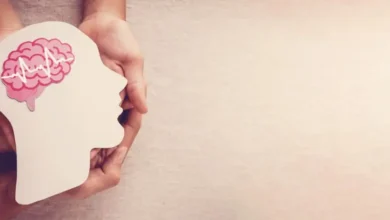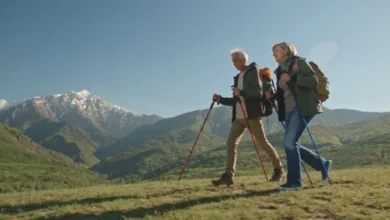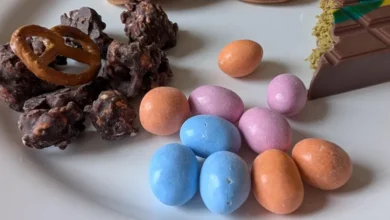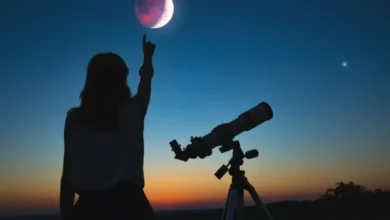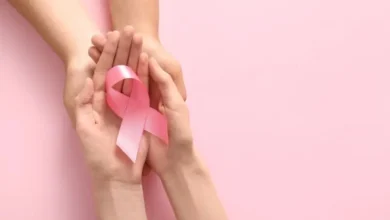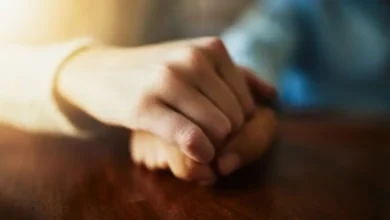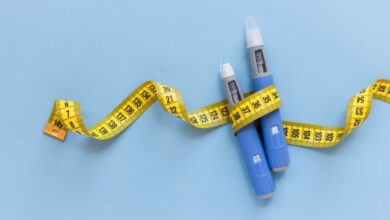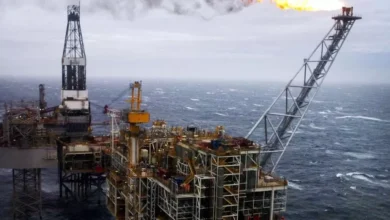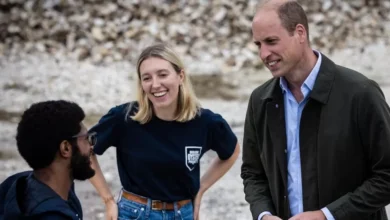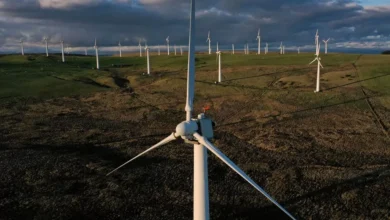To kill a family: The loss of Wael Dahdouh’s family to an Israeli bomb
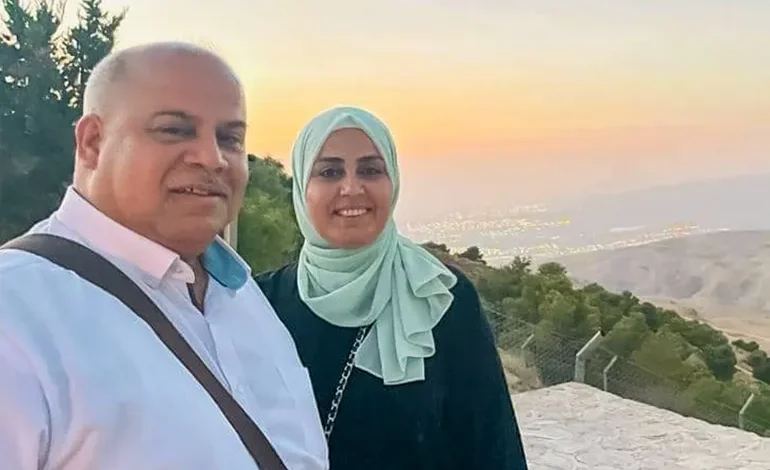
Wael Dahdouh stood facing away from the camera for once, leaning against the wall to hide his tears.
He was at the Al-Aqsa Martyrs Hospital to bid a final farewell to his wife, son, daughter and grandson who had just been killed in an Israeli air raid that hit the house they were sheltering in.
When he turned to face his audience, it was to be interviewed by a colleague, the same way he had interviewed so many others before.
He composed himself and started to talk, but when it came to counting the people he had lost, his voice gradually lost assurance. Then it broke. Tears filled his eyes as he mentioned his seven-year-old daughter Sham, the second-youngest of the victims.
The youngest was Wael’s grandson, Adam, who was one and a half.
“My siblings and cousins were there, too, and my daughters are all injured,” he said. “But I suppose I should thank God that at least some of my family survived.”
‘The reality of life in Gaza’
The home where Wael’s family was attacked was not theirs – their home was back in Tel el-Hawa in Gaza City but they had to leave it because it was too dangerous.
Wael, 52, was working night and day covering the news of what was happening in Gaza City. He worried about his family, with the relentless bombing that was happening in the north of the Gaza Strip.
So his wife Amna and their children, some with their spouses and children of their own, moved from place to place until they ended up in Nuseirat refugee camp south of Wadi Gaza with some other family members.
Wael thought they would be safe there because it was within the zone to which Israel had asked Palestinians in Gaza to move.
Wael and Amna had eight children: Hamza, 27, Bissan, 25, Sundus, 23, Khuloud, 21, Batoul, 18, Mahmoud, 15, Yehia, 12, and seven-year-old Sham.
Hamza and Bissan were not in the house, but they rushed to the scene. Their mother, Mahmoud and Sham were gone, Yehia was badly injured, and the rest of their siblings were injured to varying degrees. Adam, their sister Sundus’s son, had also died.
Two years ago, during Israel’s 11-day bombardment of the Gaza Strip, Wael’s family had survived an attack on a house next door, and he told AJ+ Arabic at the time that the family had split up among several family members’ homes “in hopes that some of them would stay alive; this being the reality of life in Gaza”.
‘I knew the size of the anguish’
Wael loved being a father. He’d follow up on how his children were doing at school and would rush between live reports to run errands for them.
“I know he loves his family
“I mean, I suppose I wanted to make it less painful for him. And the civil defence teams sometimes can’t get everywhere at night in Gaza, so he may have been needed to help dig through the rubble,” Hisham said.
When Wael and Hamdan arrived at the scene, they immediately started digging through the rubble with their bare hands. They managed to rescue Wael’s son Yehia, who was badly wounded, and his daughter Batoul. He was also able to get his grandson Adam out. But it was too late to save him.
‘She was everything in that home’
Wael did not see his wife in the rubble, as her body had already been moved to the hospital, where he and his eldest son Hamza were able to see her.
Hamza was very attached to his mother, and as soon as he got the call telling him the house had been hit, he cried out his worry about her, according to his colleague Bilal Khaled who was with him that night.
“Just earlier that day, Hamza had been talking to her, asking her how she was doing, checking on whether they had managed to find any bread that day. He checked on his wife and on his nephew, little Adam,” Bilal continued.
At the hospital, Wael was not able to mourn privately and chose to present his pain and the loss of his family to viewers as part of the pain felt by the people of Gaza every day.
Cameras followed him as he walked into an overflow area where the bodies that could not fit in the hospital morgue were lined up on the floor.
They hovered as he pulled back the makeshift shroud covering his son Mahmoud and touched his face and torso, stunned that his child was gone.
‘A family of giants’
The tributes that came pouring in reflected the love and respect everyone around Wael felt for him – and the shock they all shared at the news of his loss.
Ahmed Ashour, one of Wael’s colleagues in Doha, described how at the end of the “long, traumatising day” when “our hearts were ripped out by the news about his family”, he went home and “oddly enough, realised I was hungry”. As he opened his kitchen cabinet in search of something to eat, he saw the bottle of Palestinian olive oil Wael had sent him. “It was such a heart-rending moment,” he recalled.
For Hamdan, who was with Wael when he got the news and who helped dig through the rubble with him, “it is a huge loss.” But, he explained, Wael “is also a giant and comes from a family of giants”. Describing him as an older brother and a source of strength and patience, he added, “May God give you patience and strength as big as the love for you that he has planted in the hearts of people around the world.”
Asef Hamidi, the head of Al Jazeera Arabic TV news, described how “Wael has covered and continues to cover life in Gaza to show the world. By doing so, he has shown us all how strong this man is and how capable of working past his pain. He will not forget this pain, it will remain within him, for he lost his wife, his son, his daughter, and his grandson.”
a great deal and they occupy a huge place in his heart, it’s different from any other paternal relationship I’ve observed among my colleagues,” Abdisalam Farah, an Al Jazeera Arabic presenter in Doha, explained.
Farah could not hold back his tears as he read the breaking news of Wael’s loss off his teleprompter because, he said, “I knew the size of the anguish that was gripping my colleague’s heart at that time.”
Wael had put the worry he felt into words before, “For our families, that moment, that moment when they need you the most, when they need the strength and steadiness of the father – that moment is lost for us Palestinian journalists. When they need you the most is when they miss you the most,” he told AJ+ Arabic in 2021.
And, on the evening of October 25, his worst fears came true.
He heard the news live: as he was delivering a report, his surviving family members had been trying to get hold of him. Eventually, his daughter, Khuloud, managed to get through to cameraman Hamdan al-Dahdouh, who passed the phone to Wael, on air.
His colleague, Hisham Zaqout, was working out of the hospital and had heard the news but when Wael called him to say he was coming straight there, Hisham told him to go to the house instead.
